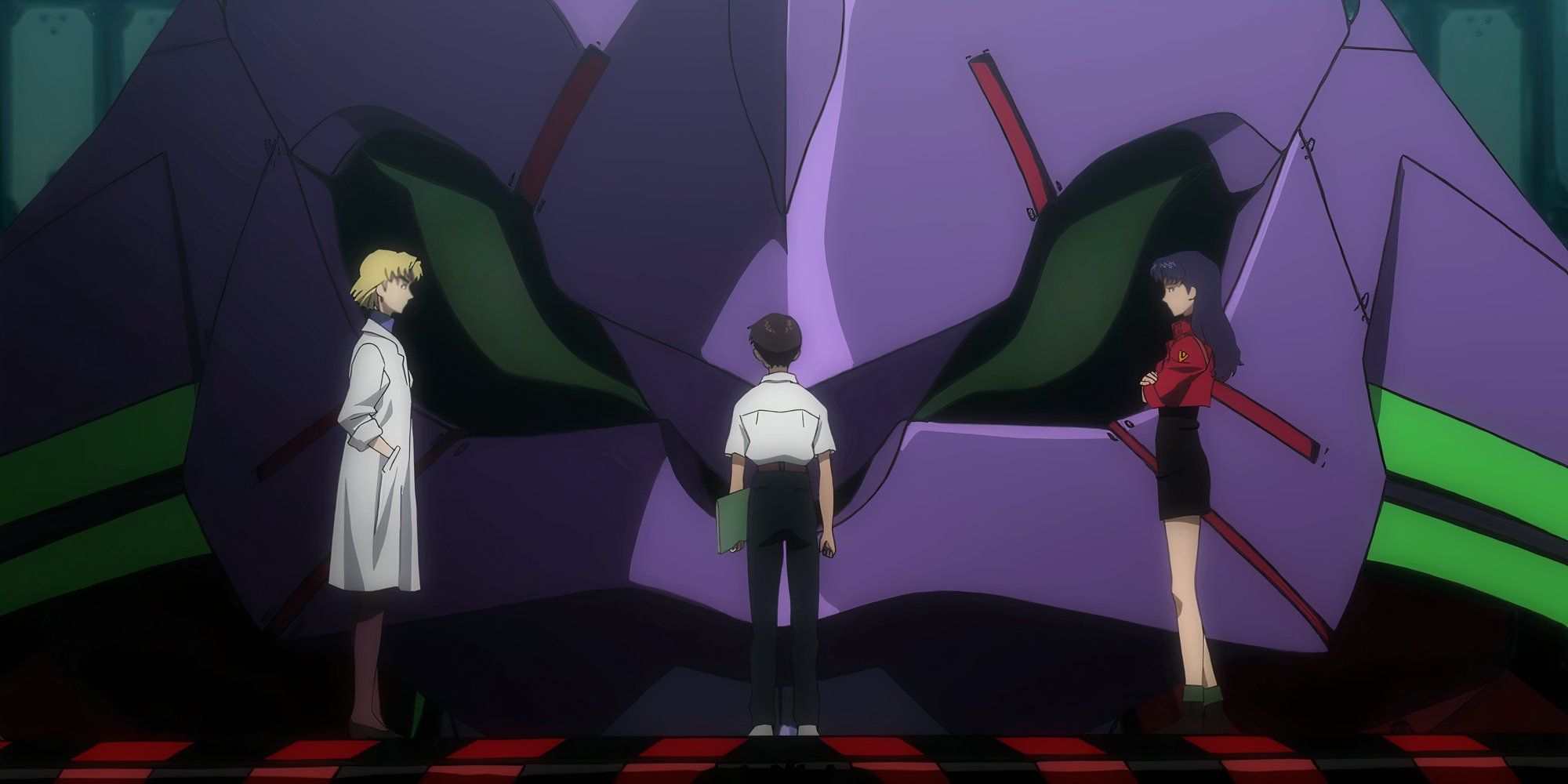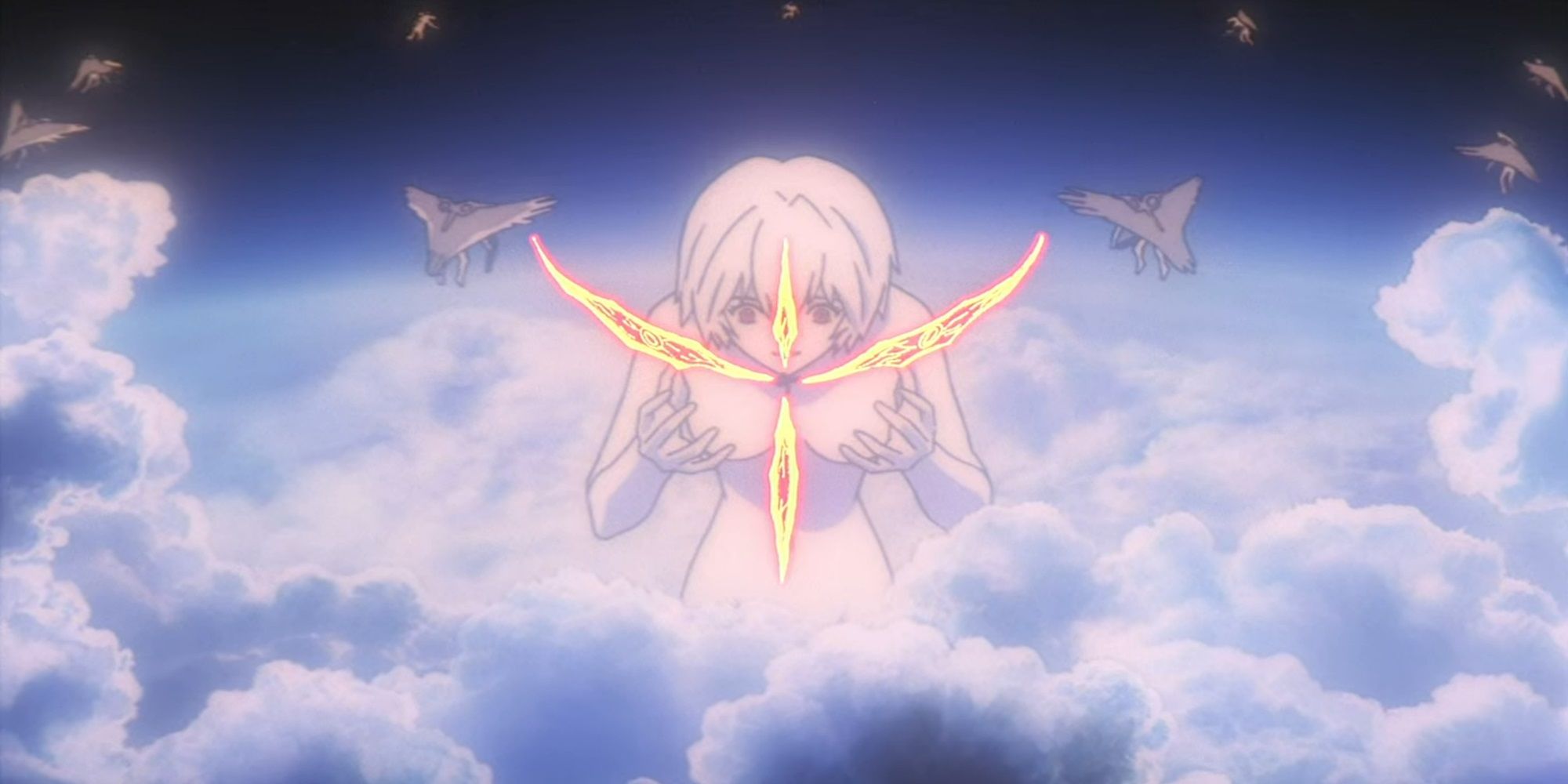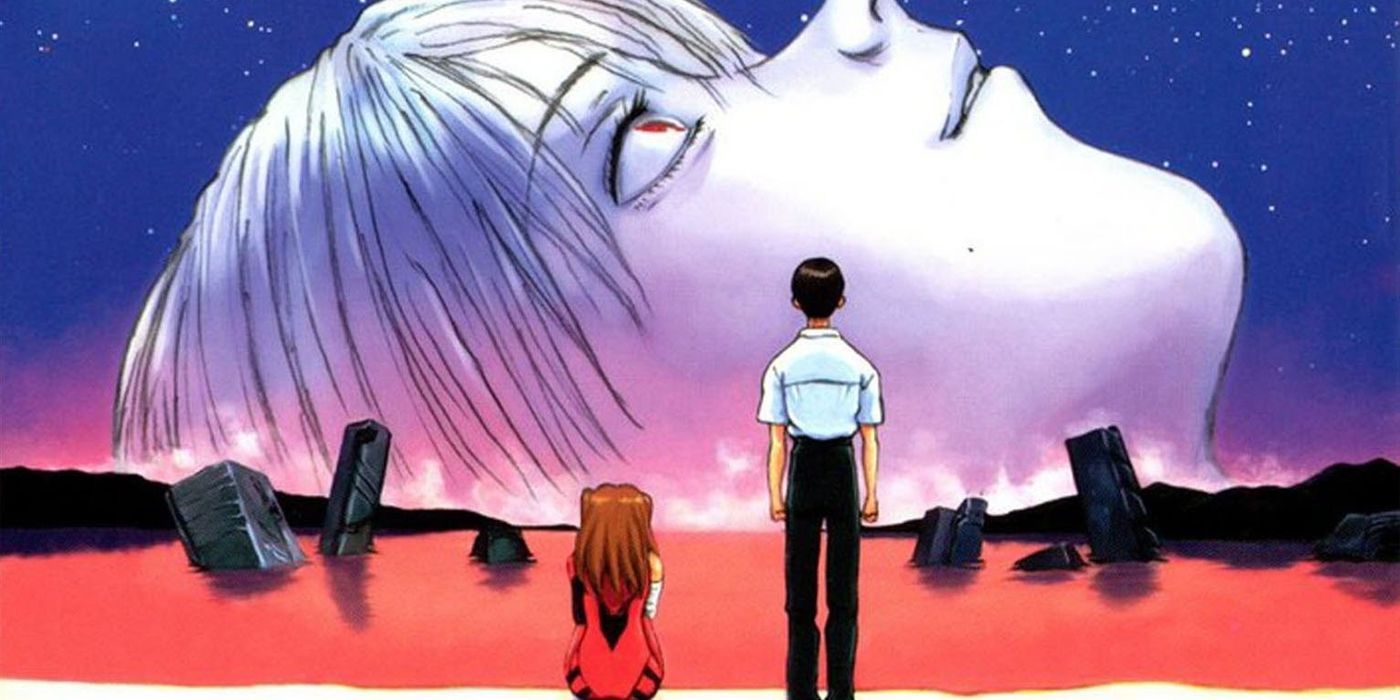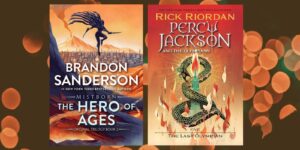Evangelion’s Creator May Think the Anime Is Pretentious, But I Think He’s Totally Wrong
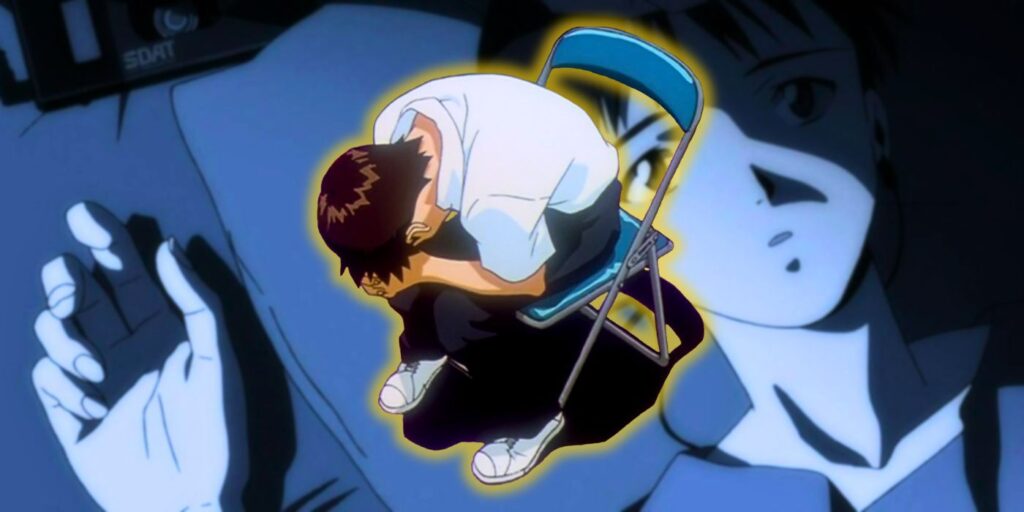
Evangelion is one of the most successful anime franchises in history, and following its initial, groundbreaking TV run, the series has survived through films and some of the strangest partnerships in anime. For the better part of the past three decades, Evangelion has been widely regarded as one of the greatest stories told in the medium, but its creator hasn’t always felt that way. Hideaki Anno has always expressed conflicting feelings towards his magnum opus, and in a recently surfaced interview, he claimed the series was pretentious.
The quote was in response to a question about the symbolic imagery littered throughout the series, to which Anno said, “The story of Eva, which seems full of mystery at first glance, is just staged to give off an air of something deeper going on. In truth, there’s nothing underneath, no hidden meaning.” That might be true, despite Anno’s own contradictory statements later in the interview, but it can also be argued that religious symbolism and technical jargon was never really the point, and that Evangelion is a masterpiece regardless.
Hideaki Anno Thinks Evangelion Is Pretentious, and He May Be Right
Evangelion Is More Than Its Own Mystique
From the outside looking in, Evangelion is shrouded in an air of mystique. The only part of the series more recognizable than its iconic, monstrous mechs is the cast of characters piloting them, dressed in their color-coordinated plug suits that appear meticulously designed and shockingly practical for the genre. The same can be said of most of the technology and religious symbolism throughout the anime, appearing to be meticulously designed and carefully planned to deliver some deeper, unknown message.
As Anno said, however, there really isn’t much behind any of it, and it was simply his job to deliver a service to an audience. He felt that making a series that “felt smart” was part of that service. In reality, much of the imagery was chosen because those creating the show enjoyed the tone and feel it gave off.
It might disappoint some to know that the “smart” aspects of Evangelion were all relatively meaningless, but it really shouldn’t. The series’ greatest strengths aren’t in its mystery, or in its empty words borrowed from Christianity. Evangelion has always thrived on the themes it delivers to its audience, and Anno’s own words later in the interview prove as much. Once he felt fans had taken his “service” a bit too far, and used it as an escape from reality, he created 1997’s The End of Evangelion as a way to “metaphorically throw water on the audience to jolt them awake.”
Evangelion’s Lore and Religious Symbolism Was Never the Point
The Series’ Deeply Human Themes Are What Makes It So Special
More than any giant robot fights, schemes from government agencies, Angels, or further human evolution, Evangelion is a series that highlights the importance of trying to understand and become close with others, even if it might be painful. Hideaki Anno was right, there really isn’t anything that overly deep about it, but that message is incredibly lasting, important, and deeply human. It’s ironic that Shinji has become one of the most divisive anime protagonists in history, considering his character only ever wanted to be understood.
And that goes for the rest of the cast as well. In the midst of an apocalypse, with hellish beings threatening humanity at every turn, the main cast struggled most in their relationships with one another. It isn’t exactly a stretch to think that damaged 14-year-olds would crumble under the weight of the world, but at the end of the day, “anywhere can be paradise as long as you have the will to live.”
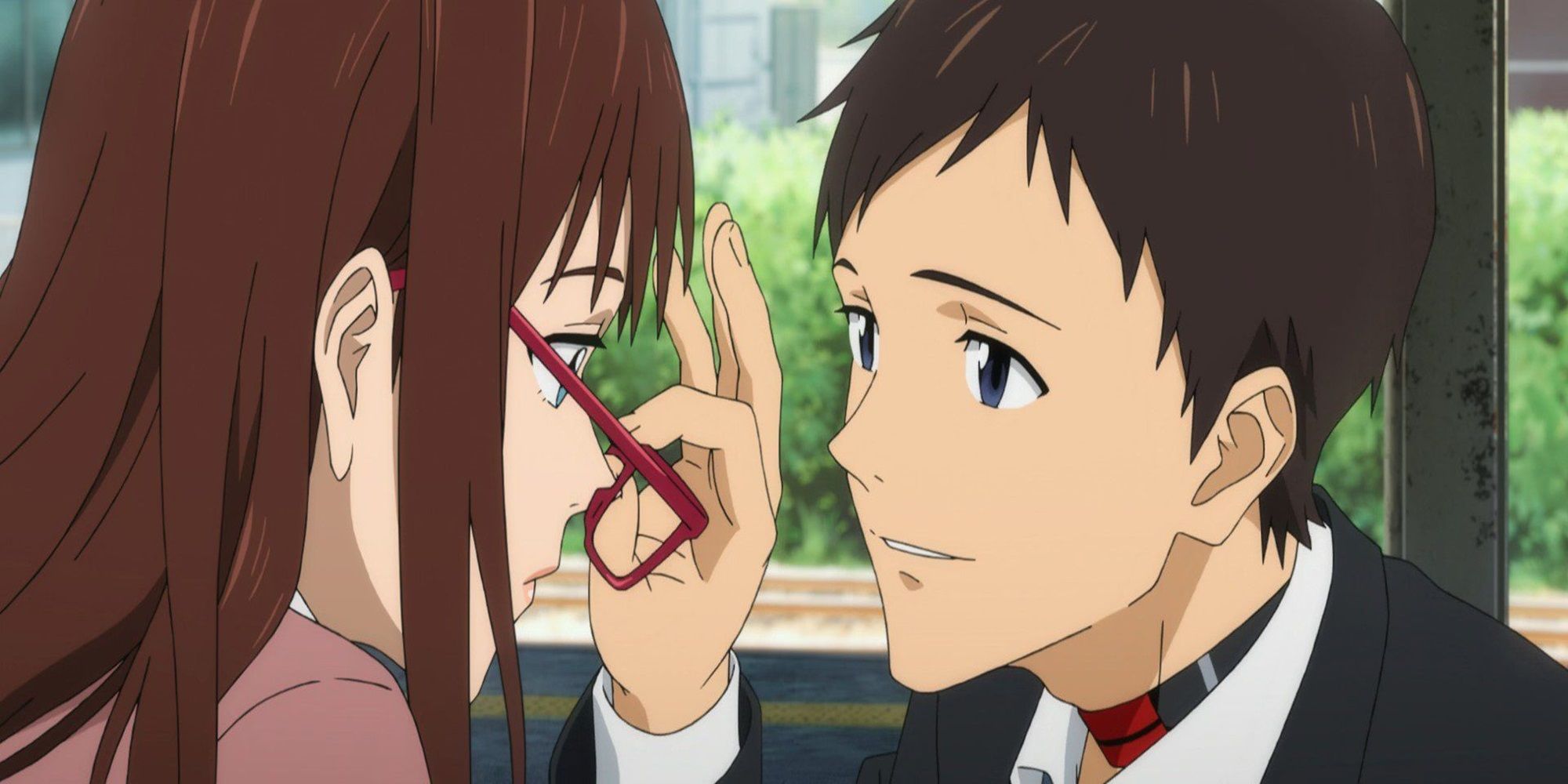
Related
“Please Stop!”: Strange But True, Neon Genesis Evangelion Is Behind a New Crime Wave in Japan
Evangelion has been a phenomenon in Japan for the better part of three decades, and it seems the anime is now inspiring a new trespassing trend.
Hideaki Anno wasn’t exactly wrong to say there’s nothing hidden underneath the symbolism he jammed into his series, but he would be wrong to say there’s nothing hidden underneath the series at all. Fans won’t find any grand religious message, but they will find one of the more hopeful stories ever told in anime, crafted by a director who poured every bit of himself into his work. As a result, Evangelion has survived for nearly 30 years, using its air of mystique to draw viewers in, and instilling them with hope and despair before letting them go.
Hideaki Anno Has Always Had a Complicated Relationship With Evangelion
Despite Its Success, Hideaki Anno Has Always Felt Unsatisfied With His Work
Any fans familiar with Hideaki Anno and his relationship with Evangelion likely aren’t surprised by his comments. Despite creating one of anime’s most successful franchises, the director has often expressed dissatisfaction with his work. It seemingly began with the anime’s original ending, which became so controversial that fans defaced the Studio Gainax office and sent in threats. A lack of time and resources caused episodes #25 and #26 to turn out a bit differently than planned, and Anno went back to work on Evangelion.
1997’s The End of Evangelion brought the series to theaters and to a similar, definitive close, and remains one of the most acclaimed anime films ever. But it still wasn’t enough, and the Evangelion rebuild movies told an alternate version of events, finally coming to a close in 2021. The iconic series was famously created after Hideaki Anno dealt with a long depression, and decided to pour all of those feelings into a series. It isn’t surprising the creator has a difficult relationship with such a personal work, and his feelings towards it seemingly change with every new interview.
Nevertheless, Hideaki Anno created a masterpiece, even if he doesn’t believe so himself. Its religious imagery and symbolism may be largely empty, but that doesn’t take away from the human storytelling that rests at the heart of Evangelion. Its final 2021 rebuild film brought the series to what appears to be a definitive ending, but given Hideaki Anno’s consistently changing attitude towards his own work, a return may not be out of the realm of possibility. For now, however, fans will have to deal with the fact the series is a masterpiece without hidden meanings.

